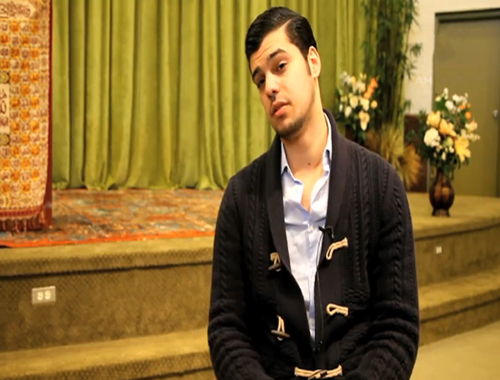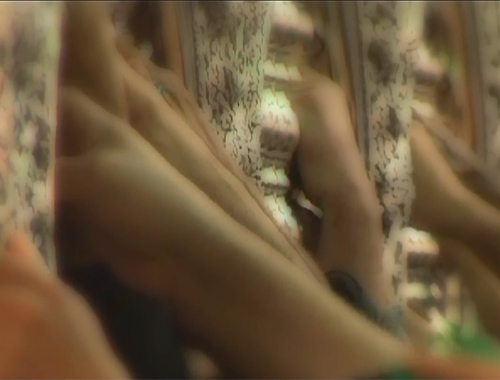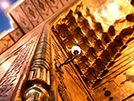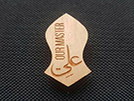Introduction
- Details
- Hits: 2756
In the Name of Allah,the Beneficent,the Merciful
Sura Balad
(The City)
No.90 (20 Verses)
Contents of this Sura:
The Sura, in spite of its brevity, contains some thought provoking ideas:
In the first part of the Sura, after mentioning some meaningful oaths, this fact is pointed out that Man's life, in this world, is always full of toil and struggle which prepares him to be able to face troubles and difficulties and, therefore, he should not expect absolute tranquility and comfort in the present world; that which is possible only in the next life.
In the next part of this Sura, a few of the greatest divine bounties created for Man are enumerated and, then, discussion is given showing his ingratitude.
In the last part of the Sura, people are divided into two groups: The people of the Right Hand and the people of the Left Hand. Then, some characteristics of the good deeds of the first group and their final fate are stated and are compared to the destiny of the opposite group; the Unbelievers and sinners.
The senses derived from the verses of this Sura are decisive and vigorous, the statements are short and catagorical and the words are extremely effective and explicit. The form and content of the verses show that the Sura is one of the Meccan ones.
The Virtue in Studying Sura Balad:
Regarding the virtue in studying the Sura, the holy Prophet (p.b.u.h.) is narrated to have said: "He who studies it, Allah will make him safe from His wrath on the Day of Judgement."(1)
A tradition from Imam Sadiq (p.b.u.h.) says: "He who recites Sura Balad in his obligatoey prayers will be known as a good-doer in this world, and in the Next World he will be considered among those who have rank and privilege with Allah, and he will be of the friends and companions of the prophets, martyrs, and the pious men."(2)
(1) Majma'-al-Bayan, vol. 10, p.490.
(2) Thawab-al-A'ma1, narrated from Nur-uth-Thaqalayn, vol. 5, p.578











